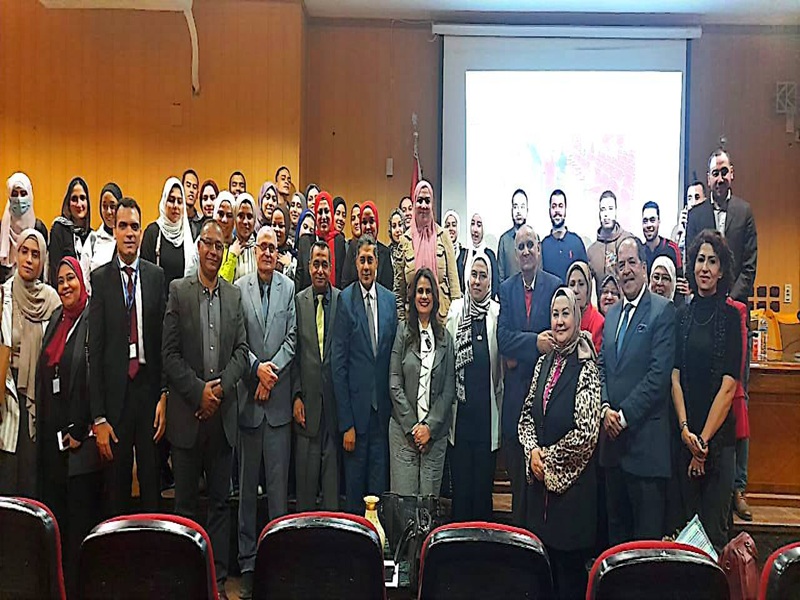The 11th Scientific Forum for Young Researchers at Ain Shams University, attended by the Minister of Immigration Affairs
Prof. Salwa Rashad, Dean of the Faculty of Al-Alsun at Ain Shams University, inaugurated the 11th edition of the Scientific Forum for Young Researchers under the title: “Visions of Change: New Trends in Literature, Language, and Translation.” The forum was held under the patronage of Prof. Mohamed Diaa Zain El-0Abedeen, President of the University, Prof. Amani Osama Kamel, Vice President for Graduate Studies and Research, Prof. Salwa Rashad, Dean of the Faculty, and under the supervision of Prof. Ashraf Atia, Vice Dean for Graduate Studies and Research. The event was attended by Her Excellency Ambassador Soha Gendy, former Minister of State for Emigration and Egyptian Expatriates Affairs, Prof. Mostafa Riyad, Emeritus Professor at the Faculty of Arts, alongside a distinguished group of faculty members, teaching assistants, undergraduate and postgraduate students.
In her opening speech, Prof. Salwa Rashad emphasized that this year’s forum sheds light on emerging trends in literature, language, and translation, aligning with Egypt's Vision 2030 and the scientific research strategy of the Ministry of Higher Education and Ain Shams University, which emphasizes innovation, knowledge production, technology utilization, and its connection to sustainable development and societal issues.
She explained that the forum addresses topics such as cultural identity and knowledge, as well as the uses and applications of artificial intelligence and digitization, through projects like the interactive computational dictionary and digital literature.
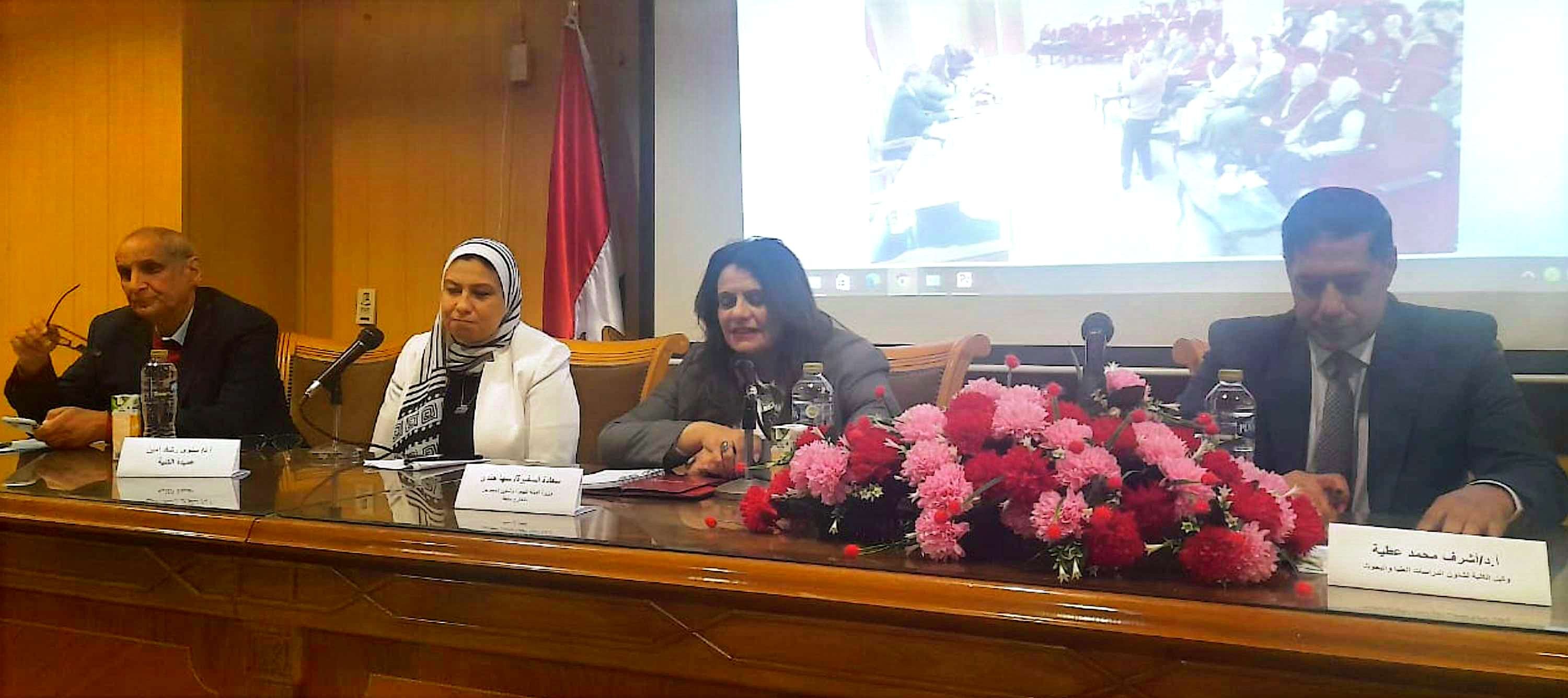 |
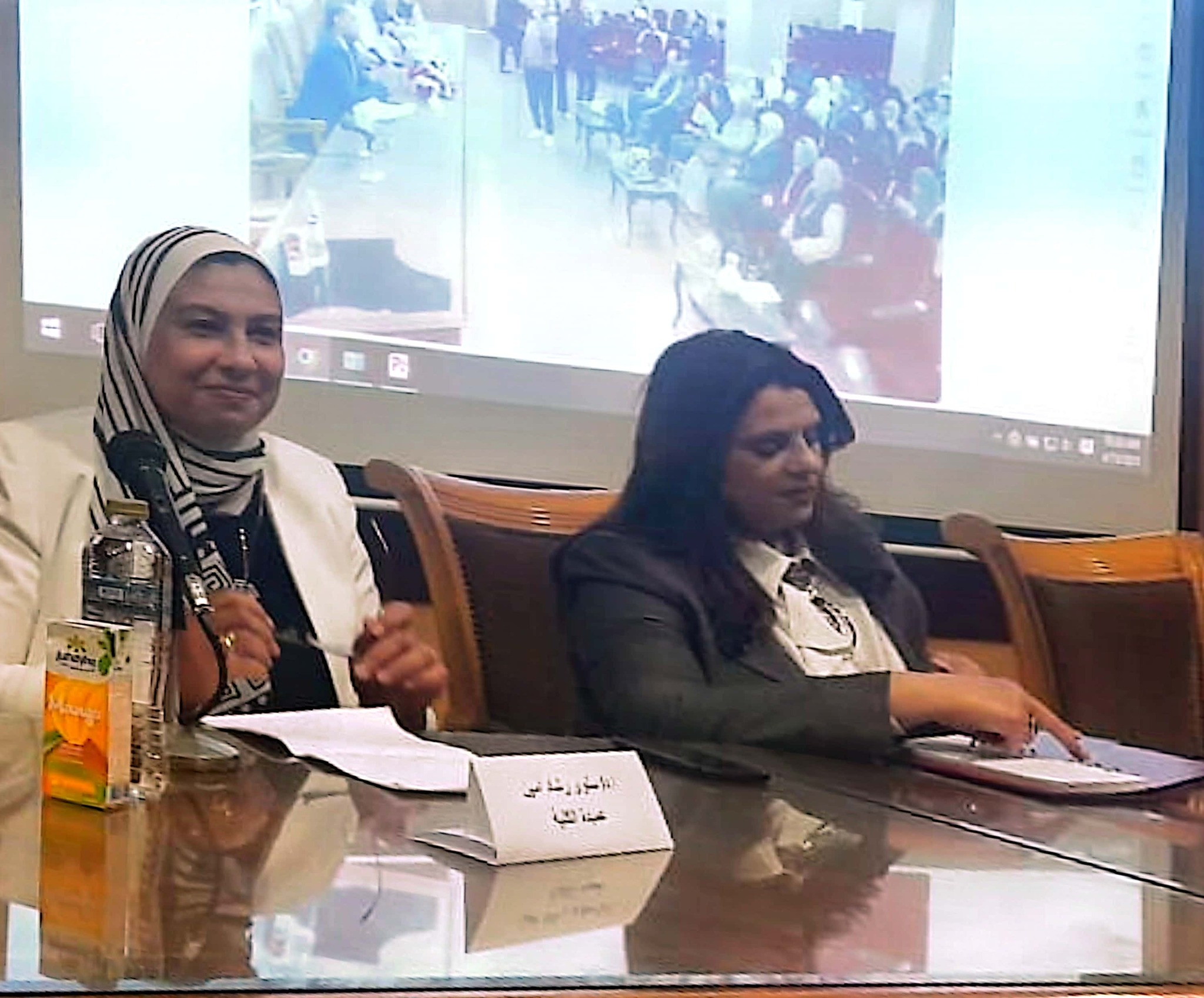 |
She added that over recent years, the Faculty of Al-Alsun has taken several steps to advance its research system in line with the university’s and Egypt’s national visions. These steps include updating the faculty’s research strategy and postgraduate programs, encouraging interdisciplinary and applied research, and promoting international publication in globally indexed journals.
Dr. Rashad also highlighted the faculty's efforts in fostering research outcomes from postgraduate programs in collaboration with foreign universities, signing international memoranda of understanding (MoUs) and agreements with global institutions to facilitate academic and research exchange for students, faculty, and staff. Furthermore, the faculty supported training programs for young researchers in translation, in partnership with the United Nations Translation Department in New York, Geneva, and Vienna. It also launched interdisciplinary postgraduate programs such as Computational Linguistics and Translation Technology, aimed at linking language and translation research with innovation, technology, and artificial intelligence, to meet developmental needs in industry, economy, and entrepreneurship. The Translation Technology program equips translators and researchers to use the latest tools in translation project management, multimedia translation, and localization, with high efficiency and quality.
From his side, Prof. Ashraf Atia, Vice Dean for Graduate Studies and Research, stressed the importance of the Young Researchers Forum as a scientific platform that introduces researchers to the latest trends in linguistic, literary, and translation studies, and familiarizes them with key research themes in these fields. He noted that the Faculty of Al-Alsun continuously updates its academic regulations to stay aligned with global changes that influence language and translation studies, considering language as a dynamic entity affected by social, political, and economic shifts. He announced that the faculty had finalized the revision of its postgraduate bylaws, incorporating newly emerging topics in language and translation studies to ensure the graduation of highly qualified specialists proficient in using modern technologies across various professional domains.
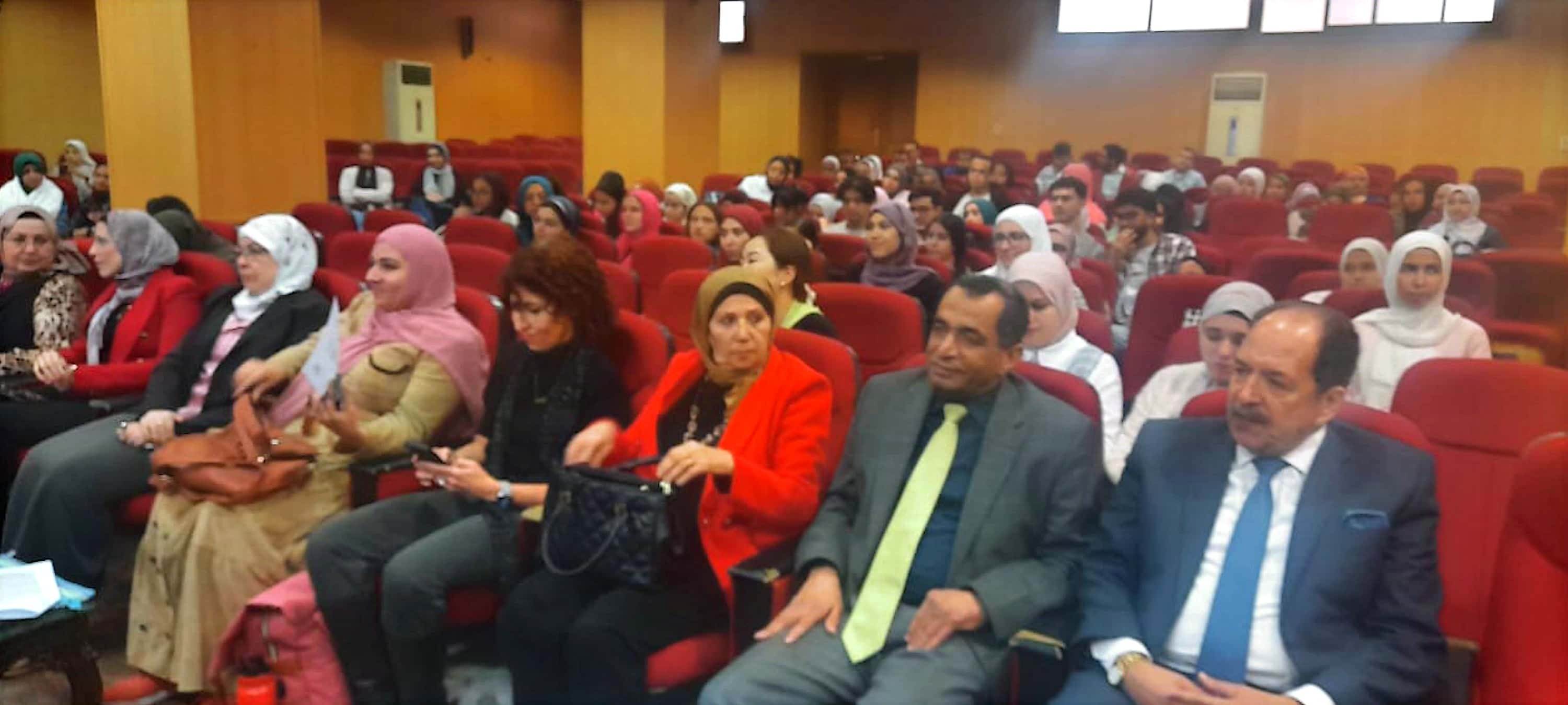 |
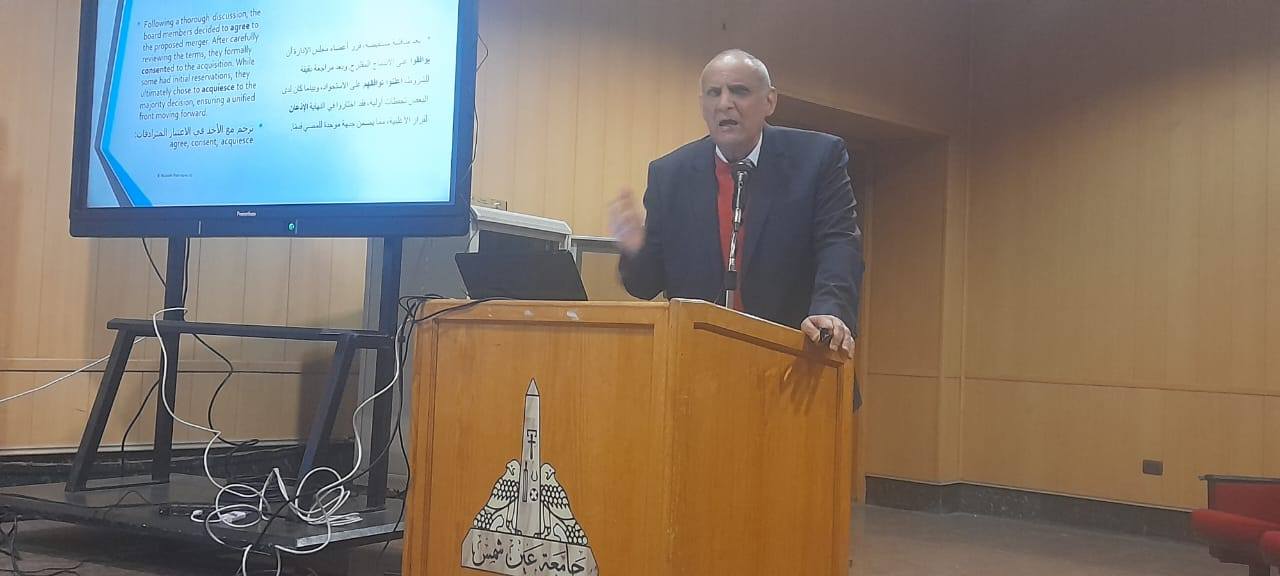 |
Ambassador Soha Gendy, the forum’s guest of honor, affirmed that translation is the real gateway to communication with any society, noting that Egypt would not have achieved its global and regional stature without its historic engagement with the world — a tradition dating back to the era of Queen Hatshepsut. Egypt has always been a pioneer in establishing the principles of international cooperation.
She emphasized Egypt’s historical awareness of the importance of social and cultural communication with neighboring countries to safeguard its interests. Egypt has long held significant influence in international forums, with its diplomats enjoying a prestigious status. She stressed that Egypt’s ability to engage with different cultures, understand their history, and acknowledge their diverse references has always made its voice resonate worldwide. Hence, institutions like the Faculty of Al-Alsun are essential in promoting cross-cultural dialogue and understanding.
Ambassador Gendy added that Al-Alsun students play a pivotal role in advancing Egypt’s national interests on the international stage, and she called for the establishment and development of specialized translation programs in various knowledge fields such as politics, military, medicine, and law.
Meanwhile, Prof. Mostafa Reyad, Emeritus Professor at the Faculty of Arts, Ain Shams University, emphasized that artificial intelligence cannot replace the human translator, but it possesses immense potential. He urged translators to leverage AI as a supportive tool, noting that while the AI revolution in translation is opening vast opportunities, it also presents challenges. He explained that AI is a learning system, and human translators can train and guide it to maximize its capabilities, particularly in retrieving accurate terminology quickly. However, human revision remains essential to ensure the quality of machine-generated translations.


.svg)

